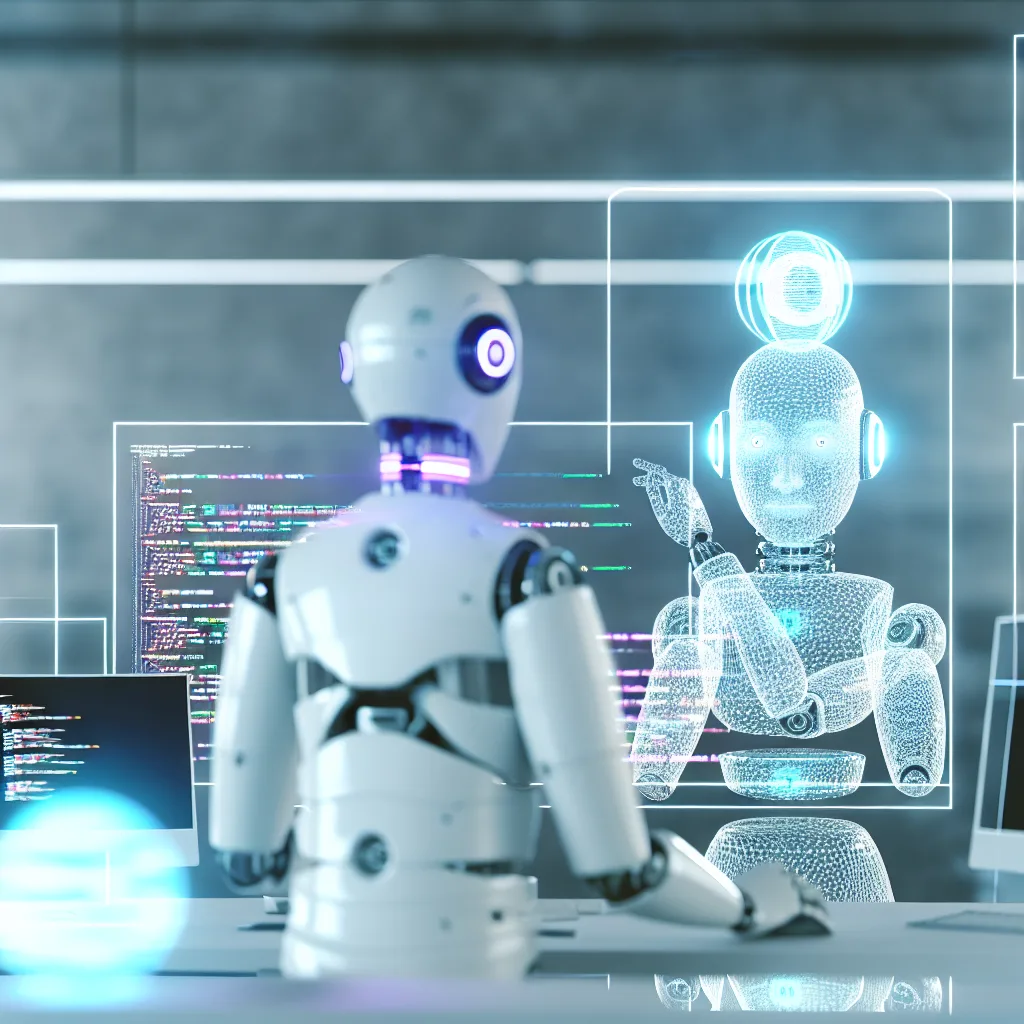Exploring the timeline for AI to achieve superhuman coding capabilities and what it means for developers
Lately, I’ve been thinking a lot about superhuman coding AI — you know, artificial intelligence that can code better than a senior software developer. It feels like we’re on the edge of something big in this space, especially as we watch AI tools get better every day. But when will these AIs truly step up and handle full, complex coding tasks autonomously? That question is buzzing around the tech world, and forecasts suggest we might hit that milestone by 2027.
What Does “Superhuman Coding AI” Mean?
When we say superhuman coding AI, we’re talking about AI systems that don’t just help with snippets or small automation but actually manage a whole week-long engineering assignment better than an experienced developer. That’s no small feat—it’s handling design, debugging, integration, and delivering production-quality code all on its own.
Progress So Far: A Mixed Bag
By 2025, AI coding tools already feel much more capable. Models like GPT-5 and Claude 4 are resolving about 75% of real-world GitHub issues on benchmarks like SWE-bench, which is impressive. Yet, there are still big hurdles. Anyone who’s tried tools like Cursor knows it can sometimes be a frustrating experience rather than a smooth ride.
The reality is that while progress seems rapid, current AI coding helpers still struggle with complex context and project-wide understanding. They sometimes produce buggy or inefficient code, and often need human oversight to ensure quality.
The 2027 Prediction
A detailed timeline forecast backed by extensive research by Lifland (2025) points to around 2027 for achieving true superhuman coding capabilities. This timing aligns with the strong jump in AI model performance and increasing integration of agentic systems capable of complex problem-solving tasks.
This doesn’t mean AI will replace developers overnight or do everything solo immediately. Instead, it suggests there will be a turning point where AI can take on substantial autonomous workloads, maybe even beating senior developers on some projects.
What Could This Change Mean?
For developers, this shift could free up time from repetitive and tedious tasks, allowing more focus on creative problem solving and design. Businesses might see software development speed up with fewer bugs and more consistency.
But there are concerns too—like how teams adapt, the ethics of autonomous coding, job impacts, and ensuring AI-generated code stays secure and maintainable.
Staying Grounded
So, while the buzz is about when AI will become your senior coding partner (or even your boss,) right now it’s still far from perfect. It’s worth watching closely, testing new tools as they come, and thinking about how to use AI responsibly.
If you want to dive deeper into AI timelines and forecasts about these tech leaps, I recommend checking out the AI 2027 timeline forecast and keeping an eye on updates from leading AI research groups.
The journey to superhuman coding AI is exciting and a little unpredictable, but that’s what makes it fun to follow. What do you think? Are we ready for AI to take on senior developer roles soon, or is there still a long road ahead?
